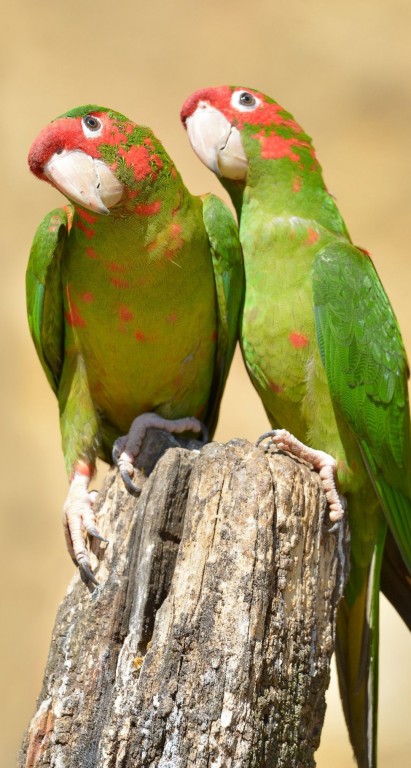The Eden Syndrome: A Comprehensive Approach to Bird Rehabilitation
The Eden Syndrome is a specialized process designed to help birds transition from captivity to a more natural and autonomous life within a sanctuary setting. At Birds of Eden, this method focuses on rehabilitating previously caged or human-imprinted birds, allowing them to regain their natural behaviours and instincts in a free-flight environment. As part of SAASA’s conservation efforts, the Eden Syndrome has been key to providing a safe, natural space where birds can thrive.
Key Aspects of Bird Rehabilitation
- Behavioural Monitoring During Pre-Release
Birds are carefully observed in pre-release environments to assess their readiness to adapt to a more natural habitat. This monitoring helps ensure the birds are physically and mentally prepared to integrate into the sanctuary. - Dehumanization of Birds
Many birds at Birds of Eden arrive after years of captivity or human imprinting. The dehumanization process is essential to help them rely less on humans and rediscover their natural instincts, such as foraging, flight control, and species-specific behaviours. - Release into the Sanctuary
Once the birds show sufficient progress, they are released into the main aviary - a large, naturalistic space that closely mirrors their original habitats. This environment allows them to fly freely, socialize with other birds, and establish territories. - Eliminating Human Interaction
After their release, human interaction is strictly minimized to encourage the birds to live independently. Feeding methods are designed to further distance them from human presence, allowing the birds to live in harmony with their environment.
Providing a Forever Home for Birds
Through the Eden Syndrome, Birds of Eden offers its avian residents a forever home where they can live freely and naturally, without the constraints of captivity. This rehabilitation process is central to SAASA’s mission of creating a sanctuary that respects and nurtures the natural behaviours of these magnificent birds, ensuring their well-being for the rest of their lives.
If you wish to donate money, services and/or goods to assist the birds of Birds of Eden you could do so on our Support and Contribution Page or Click Here to donate.



